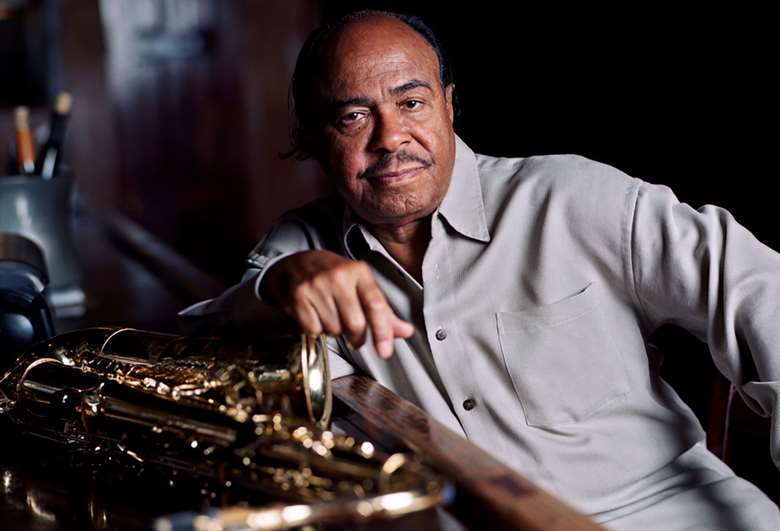Benny Golson: 25/1/1929 – 21/9/2024
Brian Priestley
Tuesday, September 24, 2024
Brian Priestley pays tribute to the revered saxophonist and composer who has died aged 95

It’s not often that a jazz instrumentalist is more celebrated for his compositions. But Benny Golson wrote ‘Whisper Not’ and ‘Blues March’ before turning 30, and earned unanimous praise for things like ‘Stablemates’ (recorded by Miles at the suggestion of Coltrane), ‘I Remember Clifford’, ‘Along Came Betty’ and ‘Killer Joe’ (all covered by Quincy Jones) and ‘Five Spot After Dark’. As well as highly memorable melodies, they have interesting harmonic twists that appealed to musicians and listeners alike.
A product of the thriving Philadelphia scene, home to Coltrane, the Heath brothers and Lee Morgan, Golson paid his dues in both bebop and r-and-b with Bull Moose Jackson, Earl Bostic, Tadd Dameron, Johnny Hodges, Lionel Hampton, Dizzy Gillespie’s big-band and Art Blakey’s Jazz Messengers. Joining the latter in early 1958, he was musical director for the famous Moanin’ album, but left soon after to focus on arranging and co-leading The Jazztet with Art Farmer. He wrote a big-band album for Roland Kirk and a contract with Prestige led to two 1964 big-band albums done in Stockholm, one constituting pre-recorded backgrounds for Jack McDuff and both contributing material to an early Jazz 625. Encouraged by Quincy, he moved to Los Angeles and began to write incidental music (sometimes uncredited) for mainstream movies and tv shows such as Ironside and M*A*S*H.
Until then, he’d worked prolifically as a resourceful and compelling tenor stylist, recalling earlier stars like Don Byas and Lucky Thompson, but playing took a back-seat in a “commercial” period lasting a decade and a half. Having established a comfortable income, augmented by royalties from his jazz standards, Golson returned to playing in the late 1970s and created new material for a re-formed Jazztet. During the next three decades he taught and composed, for instance a double-bass concerto for Rufus Reid. He recorded regularly for a variety of labels and appeared with all-star groups such as the Paris Reunion Band.
During an appearance of the latter group at Ronnie Scott’s in 1996 he was interviewed live on Jazz-FM, where I recall he found it difficult to decide which was his most popular composition. His affable personality certainly came across, and tributes paid since his death have universally underlined this aspect. An unlikely celebration of his character occurred when he was given a small role in Steven Spielberg’s 2004 movie The Terminal, interacting with Tom Hanks. But his playing and especially his compositions will provide the best memorial for a master musician.


